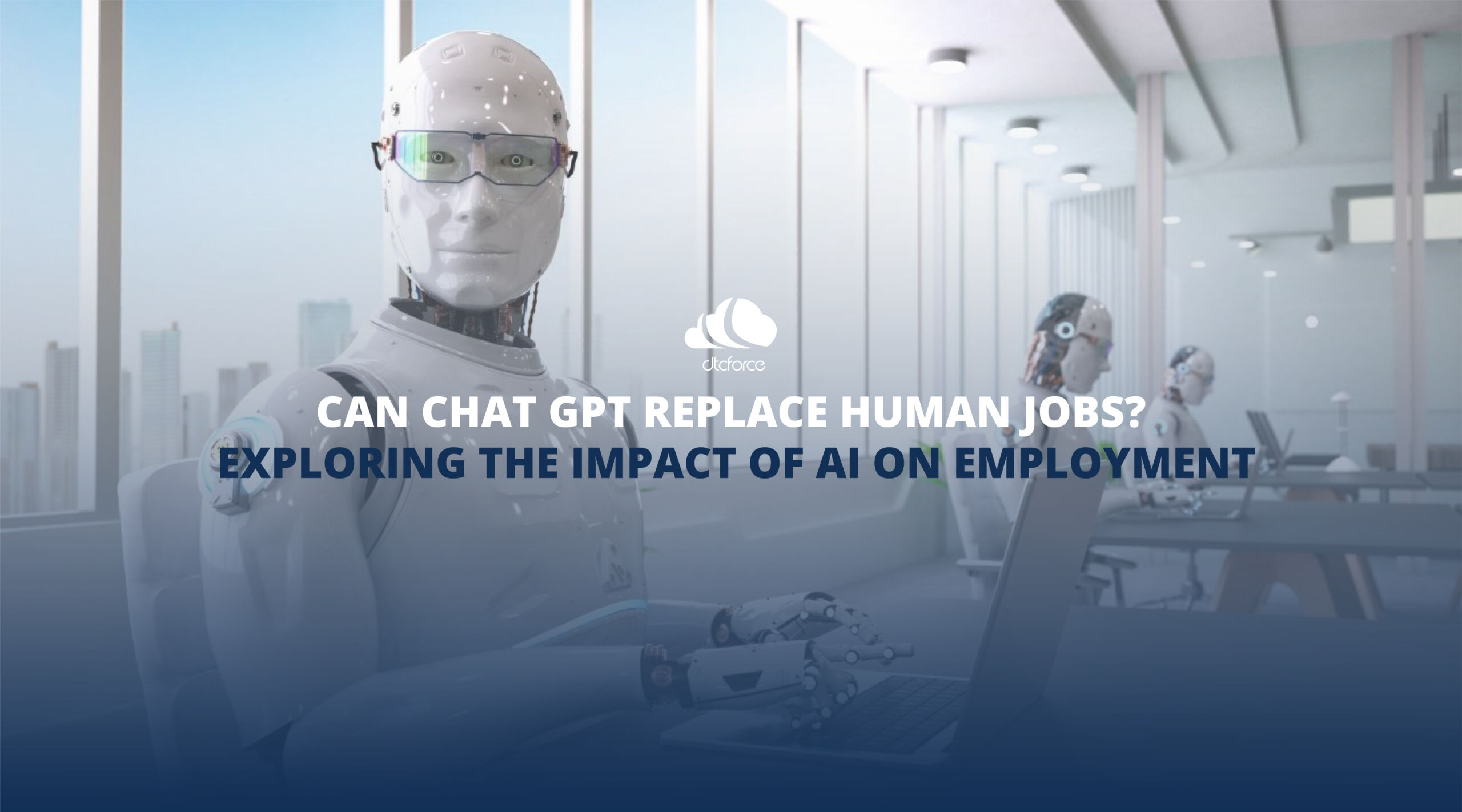Introduction
In recent years, advancements in artificial intelligence (AI) have sparked debates about the potential impact on the job market. One particular area of interest is Chat GPT, an AI-powered conversational model capable of generating human-like text. In this blog, we will explore whether Chat GPT has the potential to replace human jobs, analyze the implications of AI automation on the workforce and address the concerns and possibilities that arise as technology continues to advance.
1. The Rise of Chat GPT
Chat GPT, developed by OpenAI, is a language model trained on vast amounts of data, enabling it to generate coherent and contextually relevant responses to user queries. It has been employed in various applications, including customer support, content creation, and virtual assistance. While Chat GPT’s capabilities are impressive, it is important to evaluate its potential impact on human employment.
2. Job Displacement vs. Augmentation
When considering AI’s impact on jobs, it is crucial to distinguish between job displacement and job augmentation. While AI automation has the potential to replace some routine tasks, it can also enhance human productivity, freeing up time for more complex and creative tasks. Rather than viewing AI as a threat, it can be seen as a tool that complements and empowers human workers.
3. Jobs Prone to Automation
Certain industries and job roles are more susceptible to automation than others. Repetitive tasks that follow predictable patterns, such as data entry, customer support, and basic analysis, are at a higher risk of being automated. However, jobs that require creativity, emotional intelligence, critical thinking, and complex decision-making are less likely to be replaced by AI.
4. New Job Opportunities
As automation disrupts traditional job roles, it also creates new opportunities. The development and maintenance of AI technologies require specialized skills, leading to the emergence of AI-related job roles. These include AI trainers, AI ethicists, data scientists, and AI system developers. Additionally, new industries and markets are likely to emerge, generating employment opportunities that were previously unimaginable.
5. The Human Touch
Despite AI’s advancements, human interaction and emotional intelligence remain valuable. Many tasks, particularly those involving empathy, negotiation, and complex problem-solving, require the human touch. In customer service, for example, human representatives are essential for handling delicate situations and providing personalized support. Chat GPT can enhance customer interactions, but it cannot entirely replicate the nuances of human communication.
6. Adapting to Technological Advancements
As AI continues to evolve, the workforce must adapt. This adaptation involves upskilling and reskilling to ensure that individuals can thrive in an AI-driven world. Focusing on developing uniquely human skills, such as creativity, critical thinking, emotional intelligence, and adaptability, will be crucial for staying relevant in the job market.
Conclusion
While Chat GPT and other AI technologies have the potential to automate certain tasks and job roles, the complete replacement of human jobs remains unlikely. Instead, we are likely to witness a transformation in the nature of work, with humans and AI working together to achieve greater efficiency and innovation. By embracing technological advancements and leveraging our uniquely human qualities, we can navigate the changing landscape and create a future where AI and humans coexist harmoniously.









